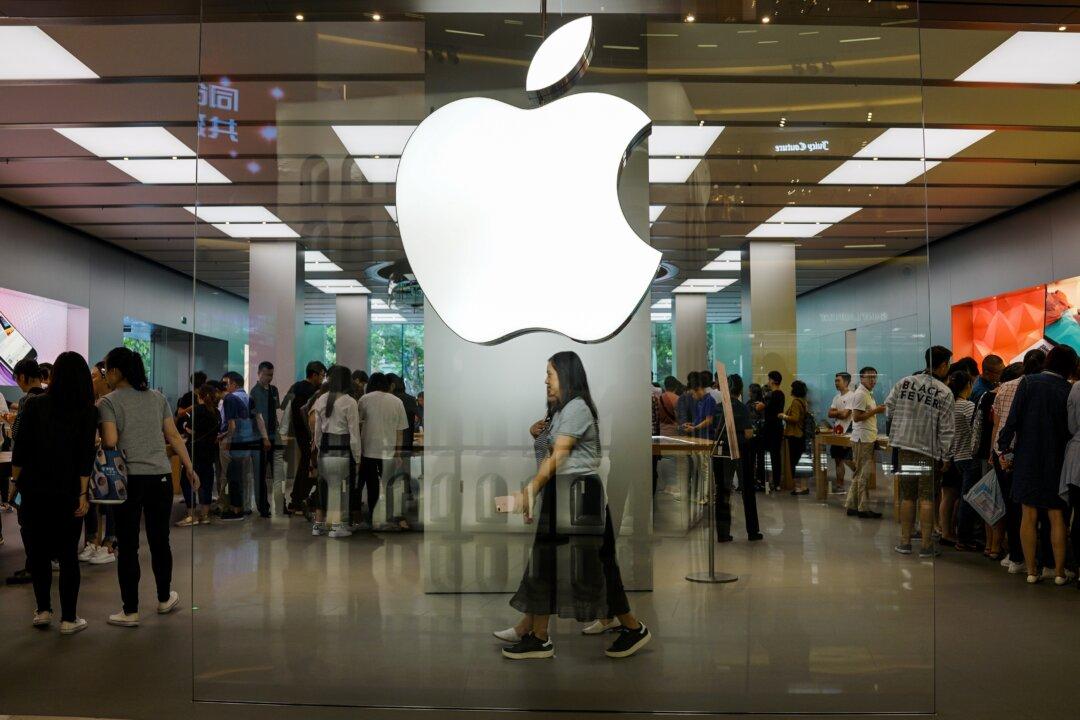A bipartisan group of lawmakers criticized Apple and Blizzard on Oct. 18 for their recent decisions to censor the Hong Kong pro-democracy movement for the sake of business interests in China.
Apple recently pulled a popular crowd-sourced app that maps out the protest development in Hong Kong from its app store. That came just a day after Chinese state media berated the tech giant for aiding Hong Kong protesters by approving the app. They warned that Apple’s business prospects are on the line.





